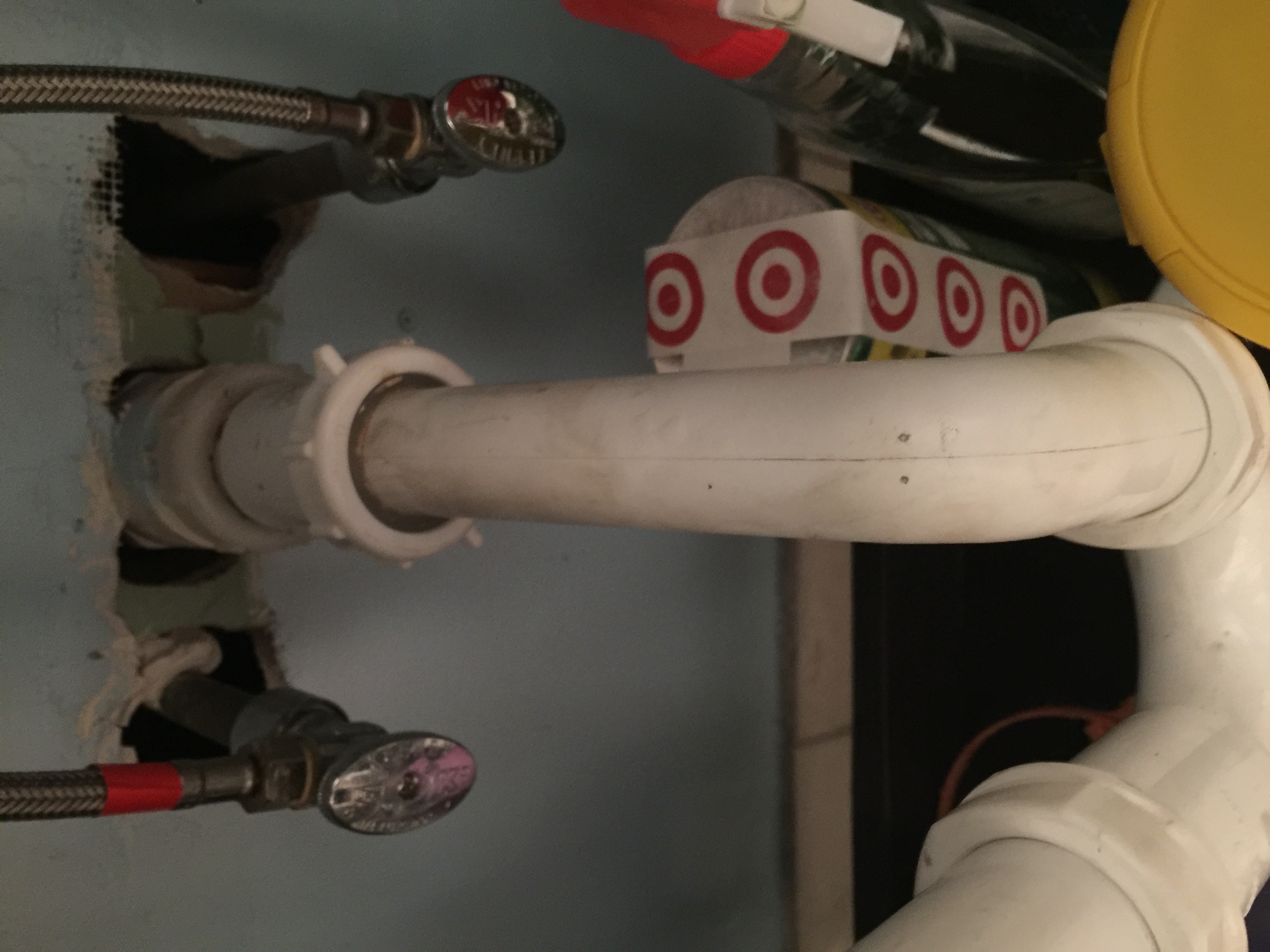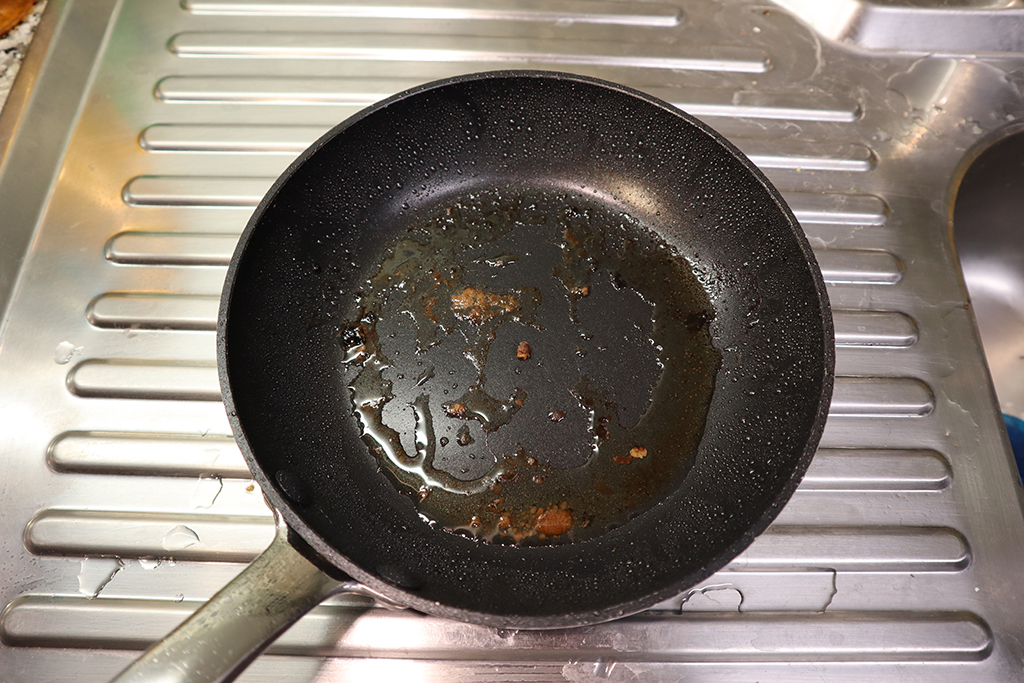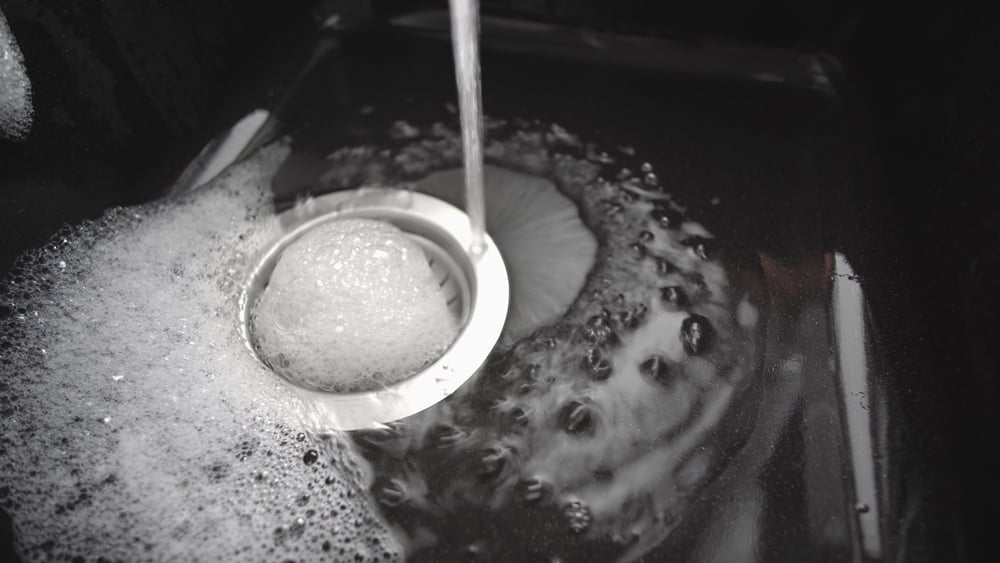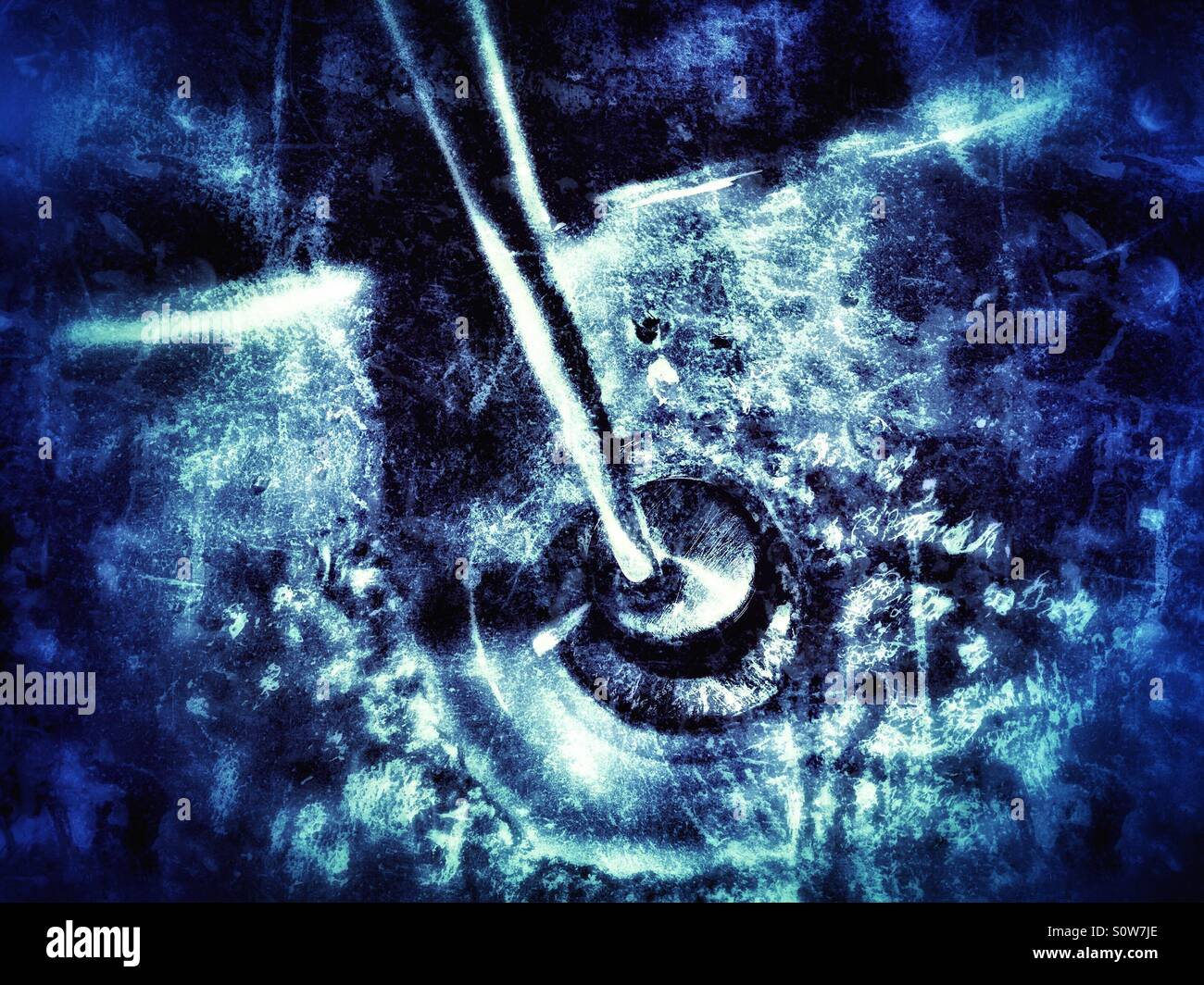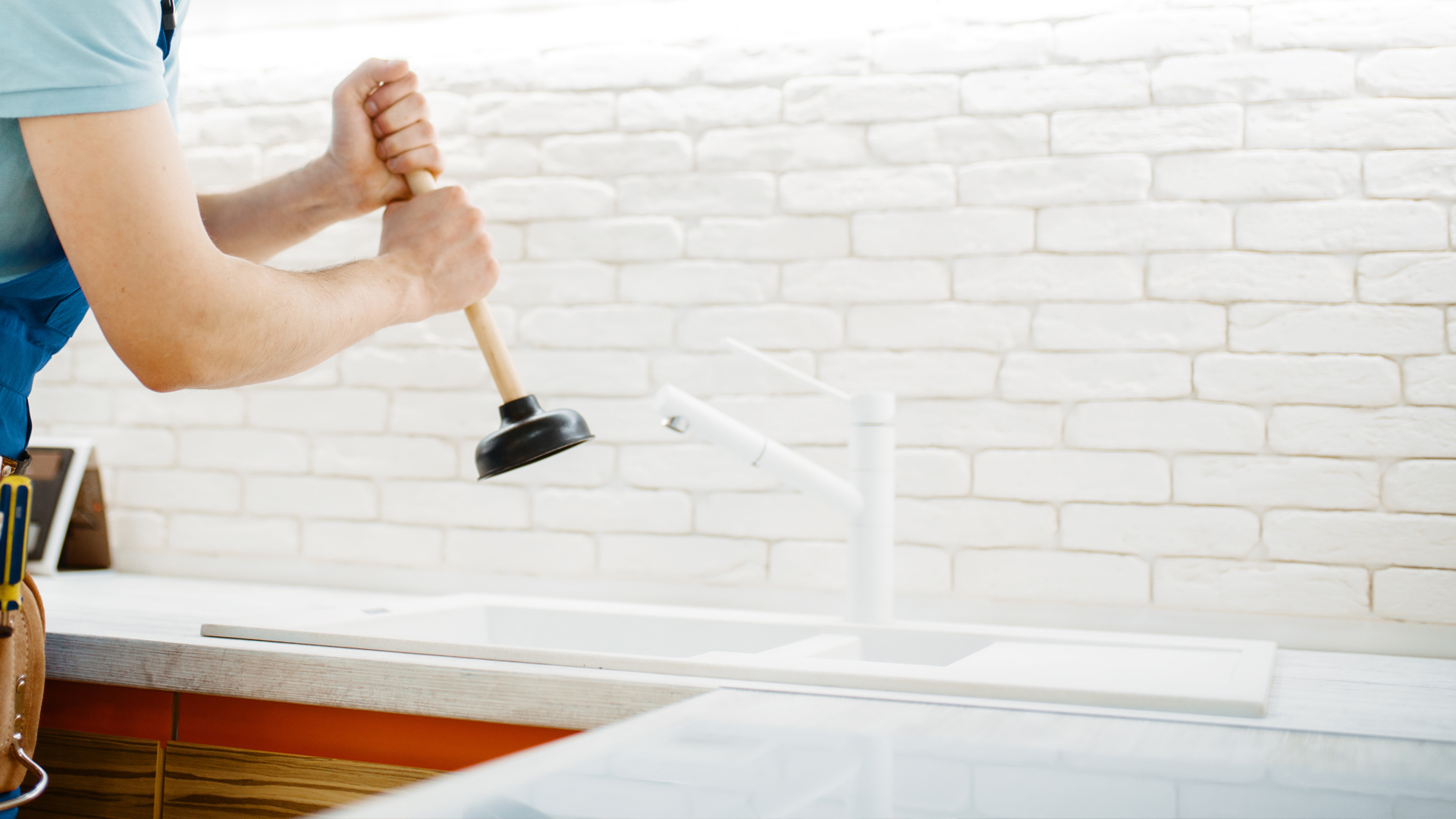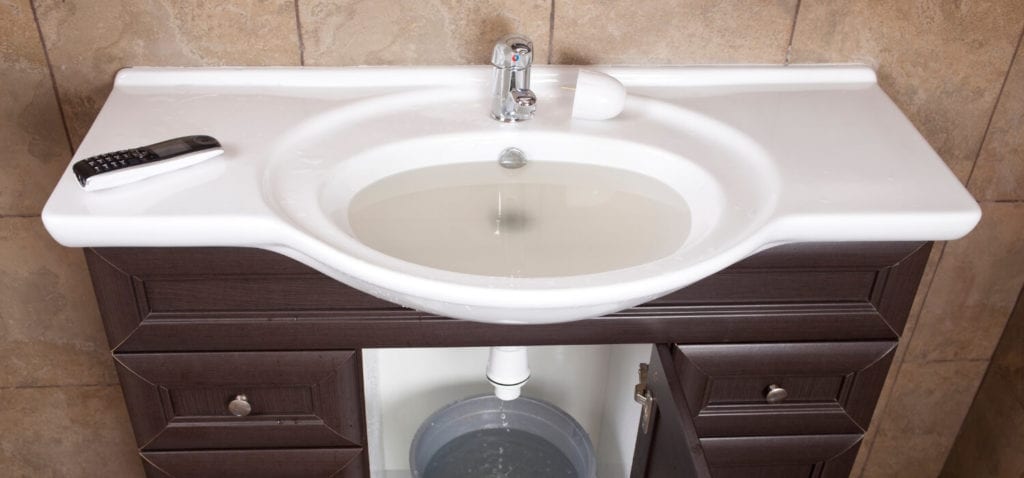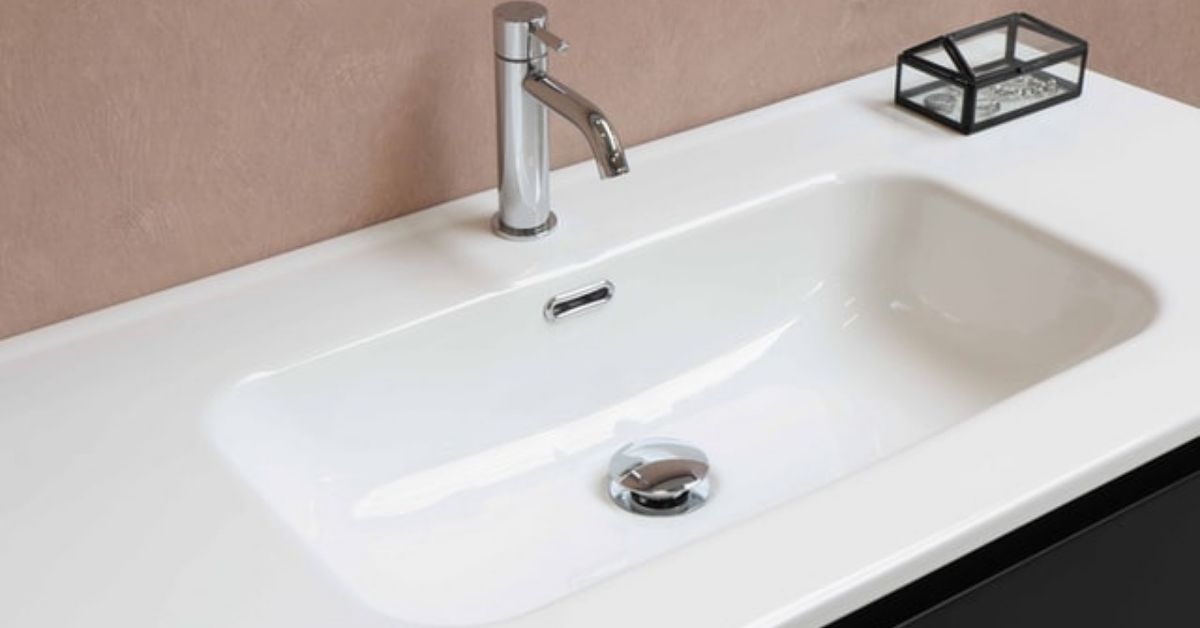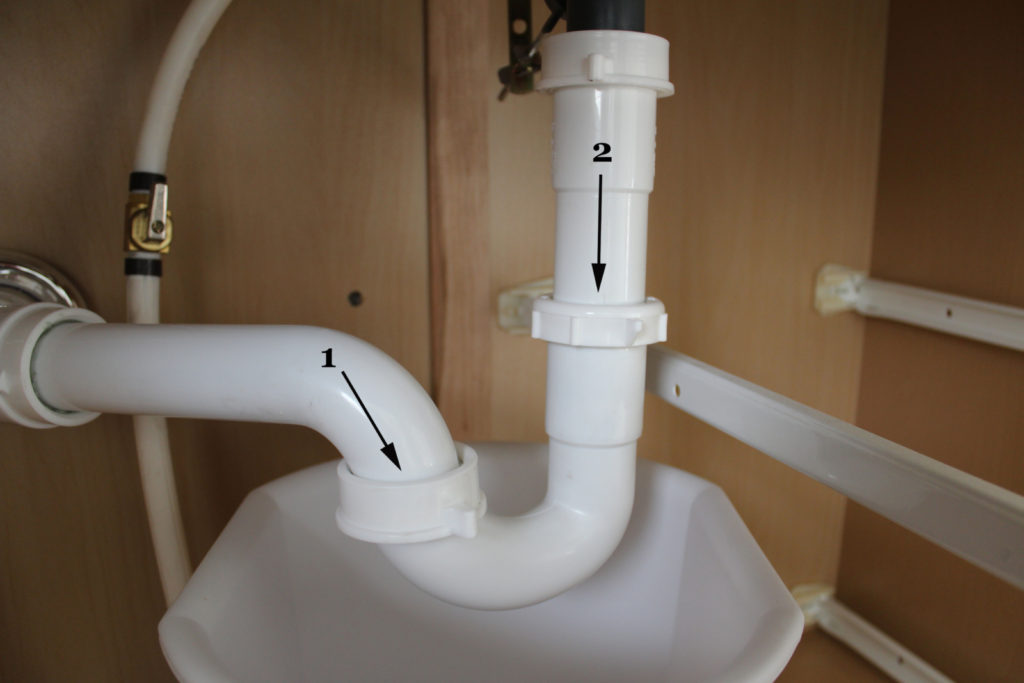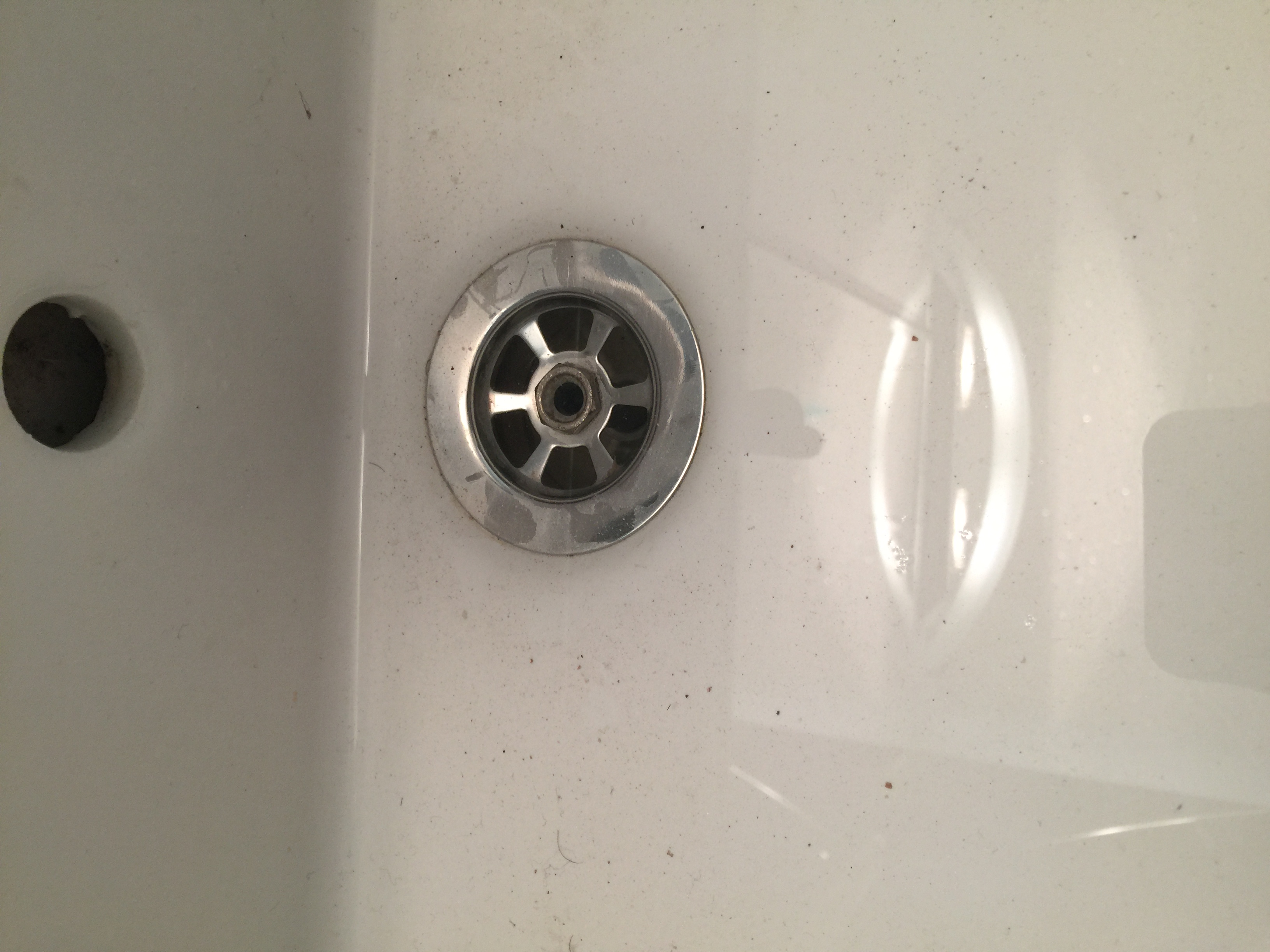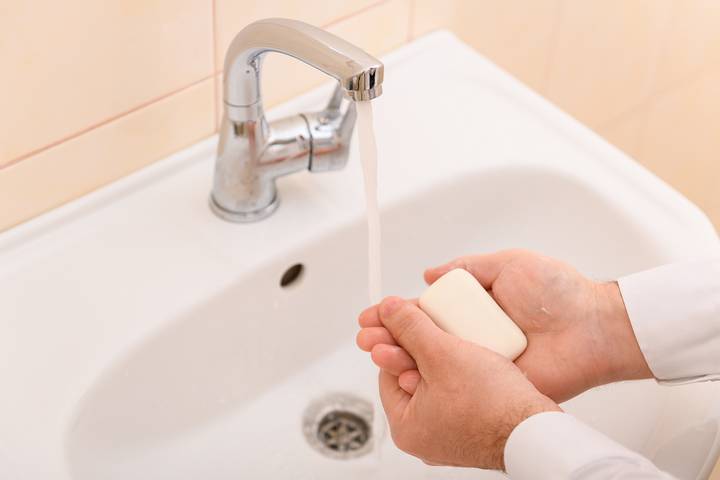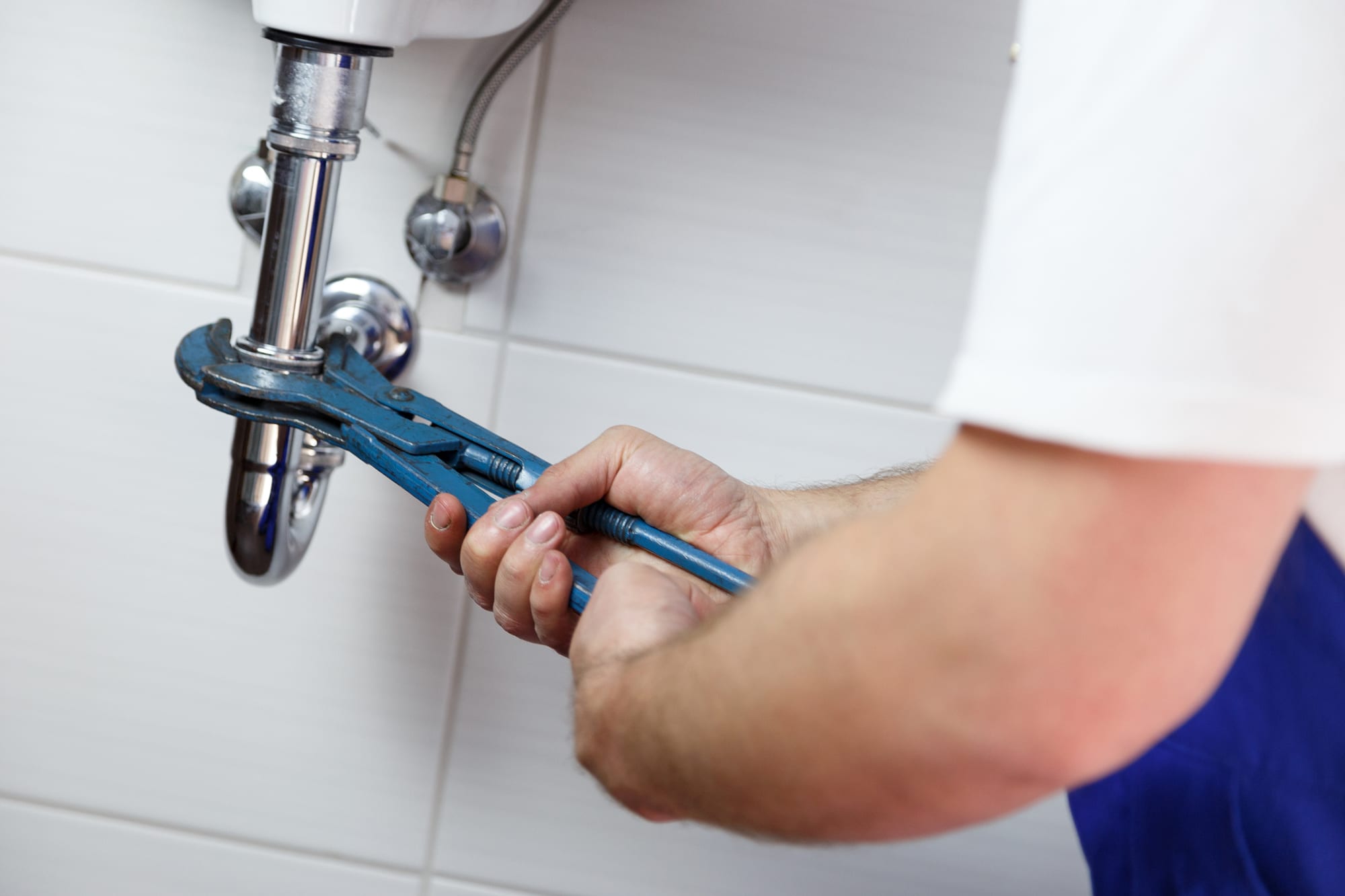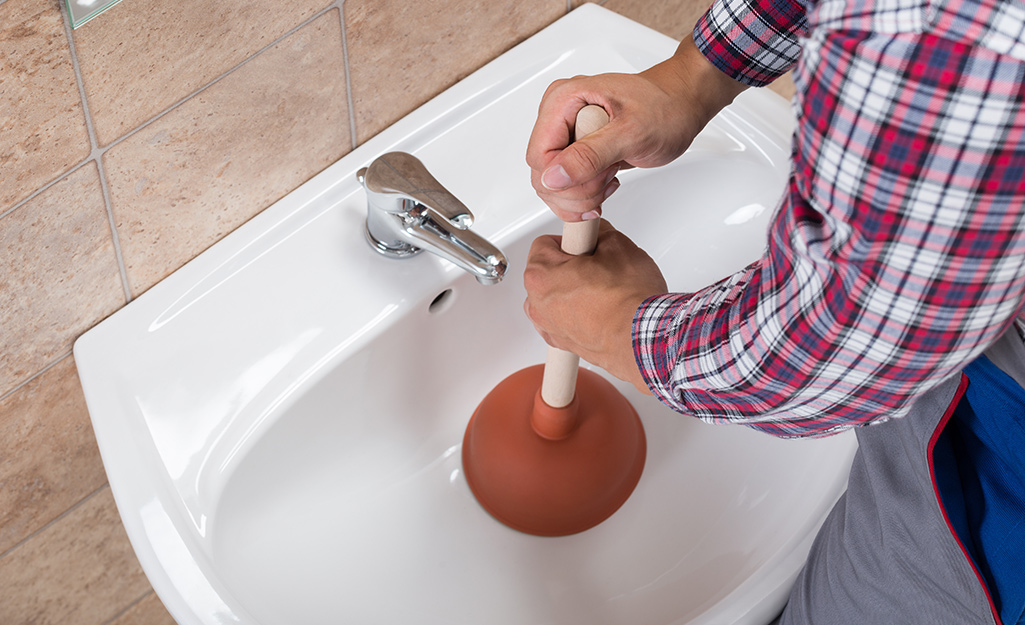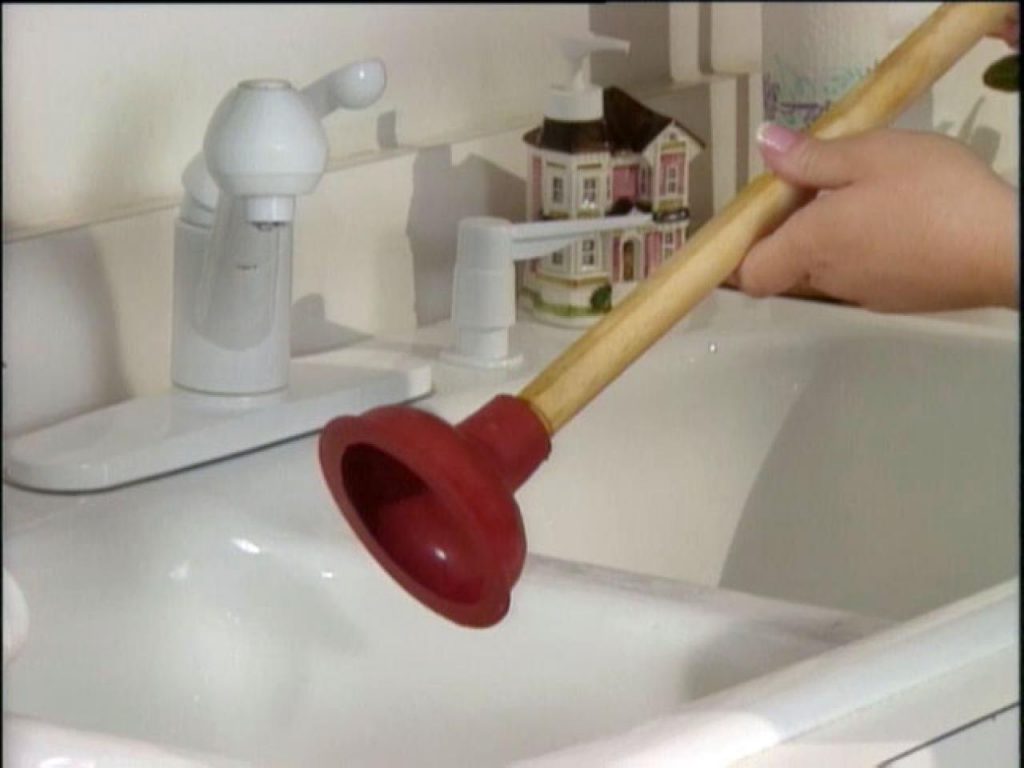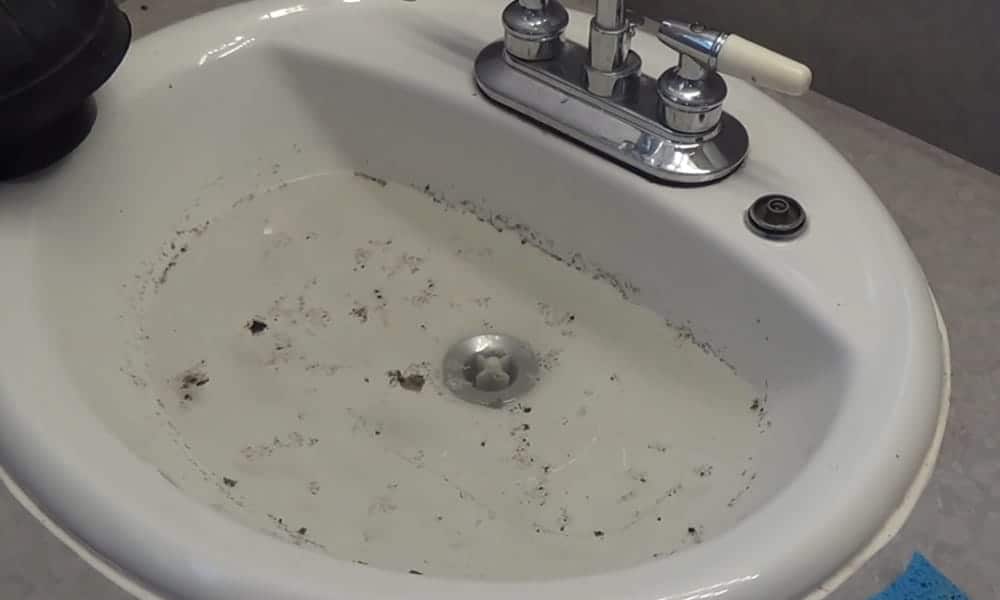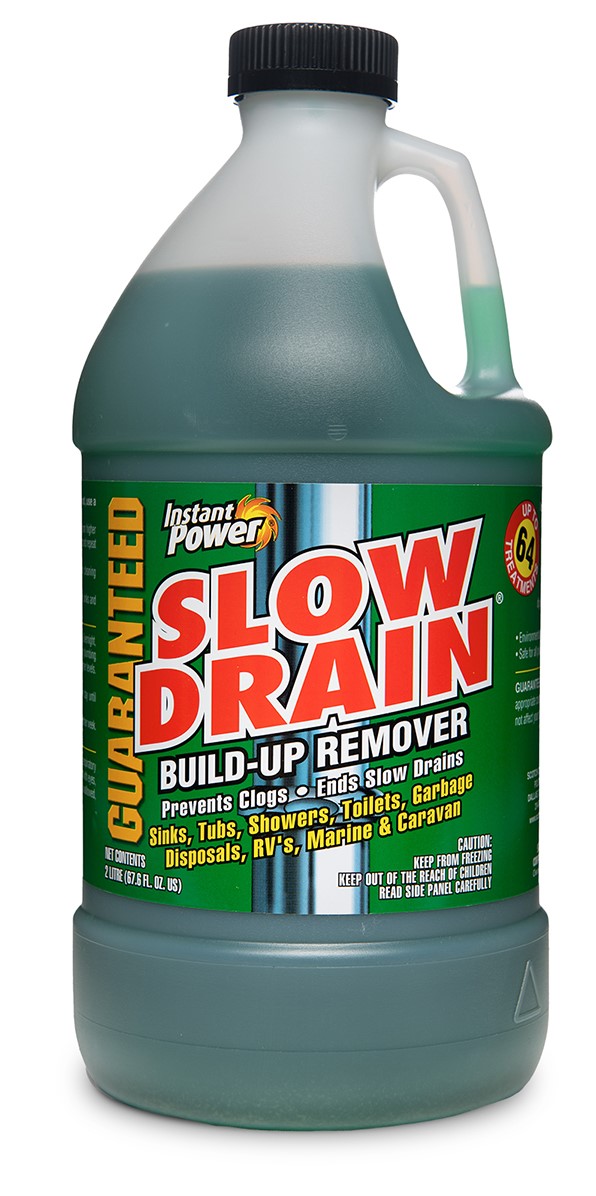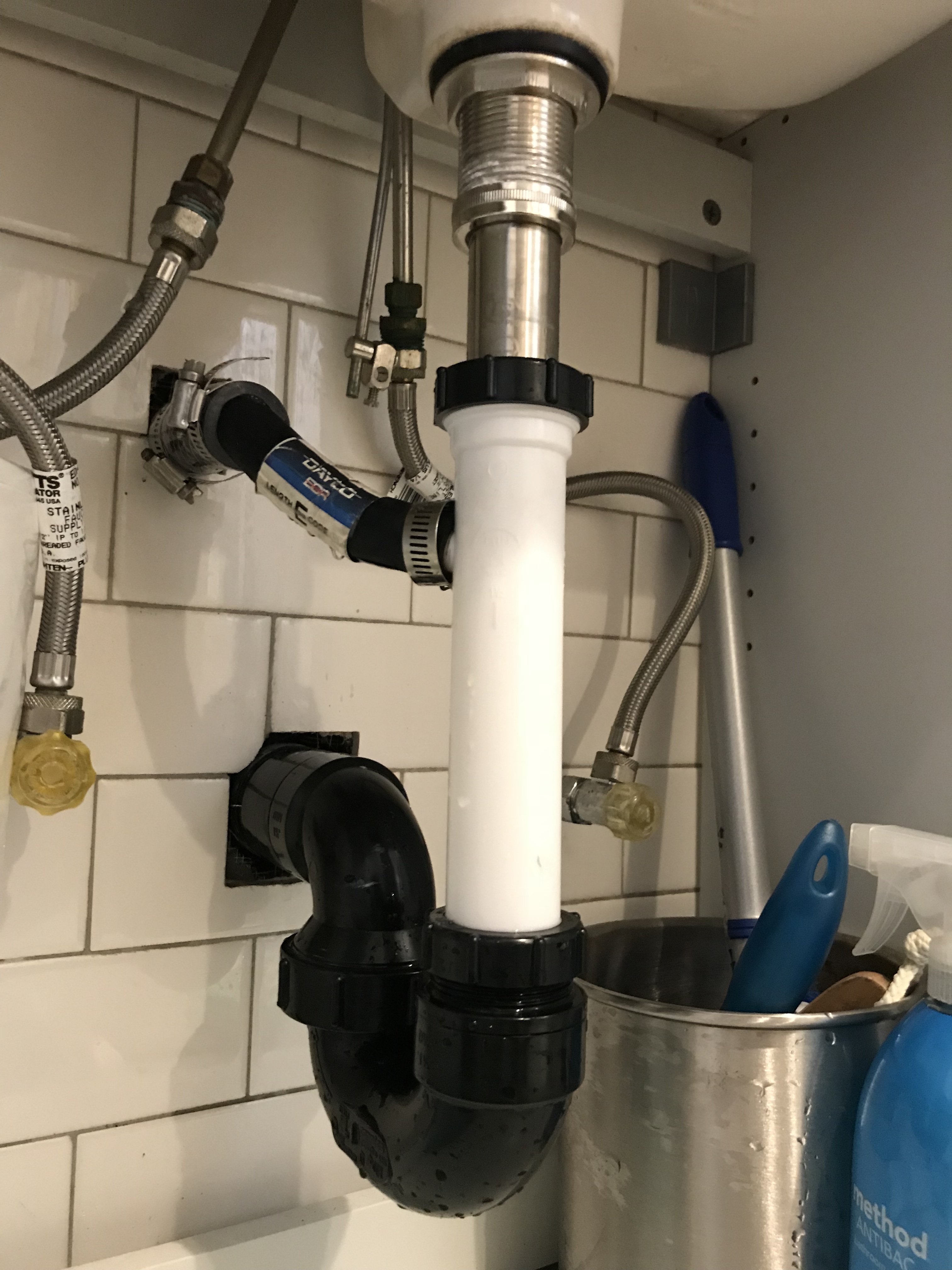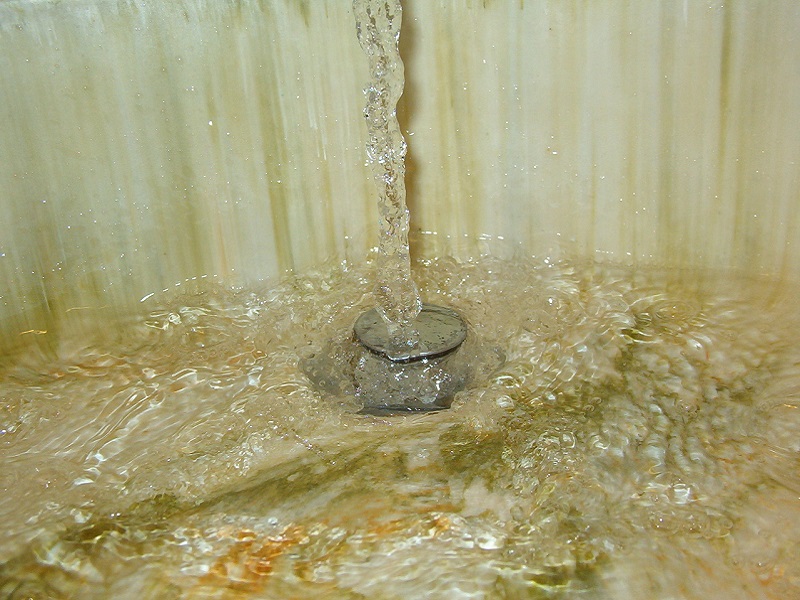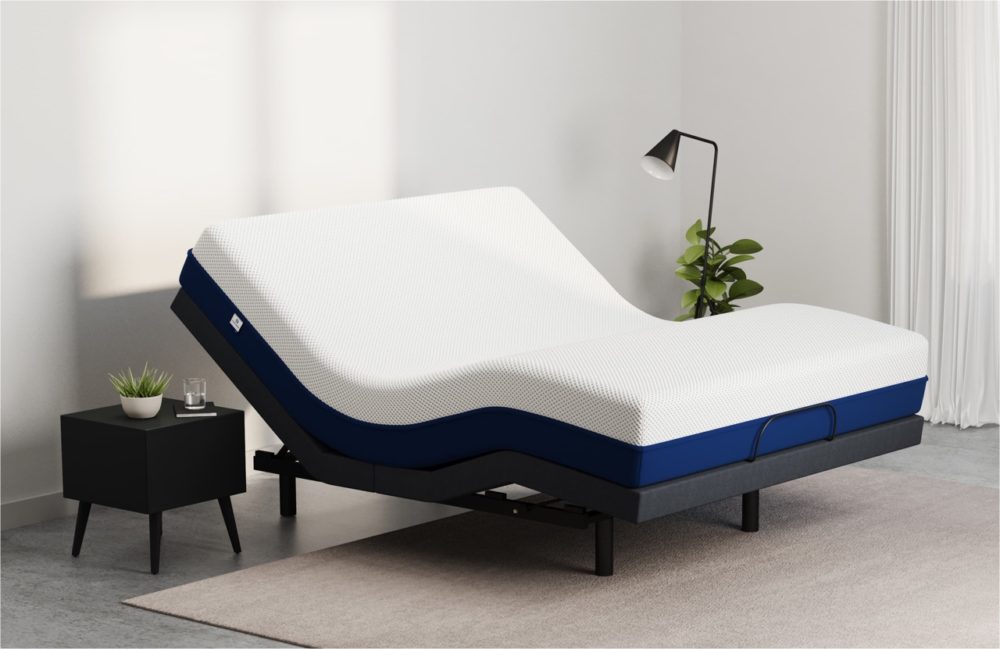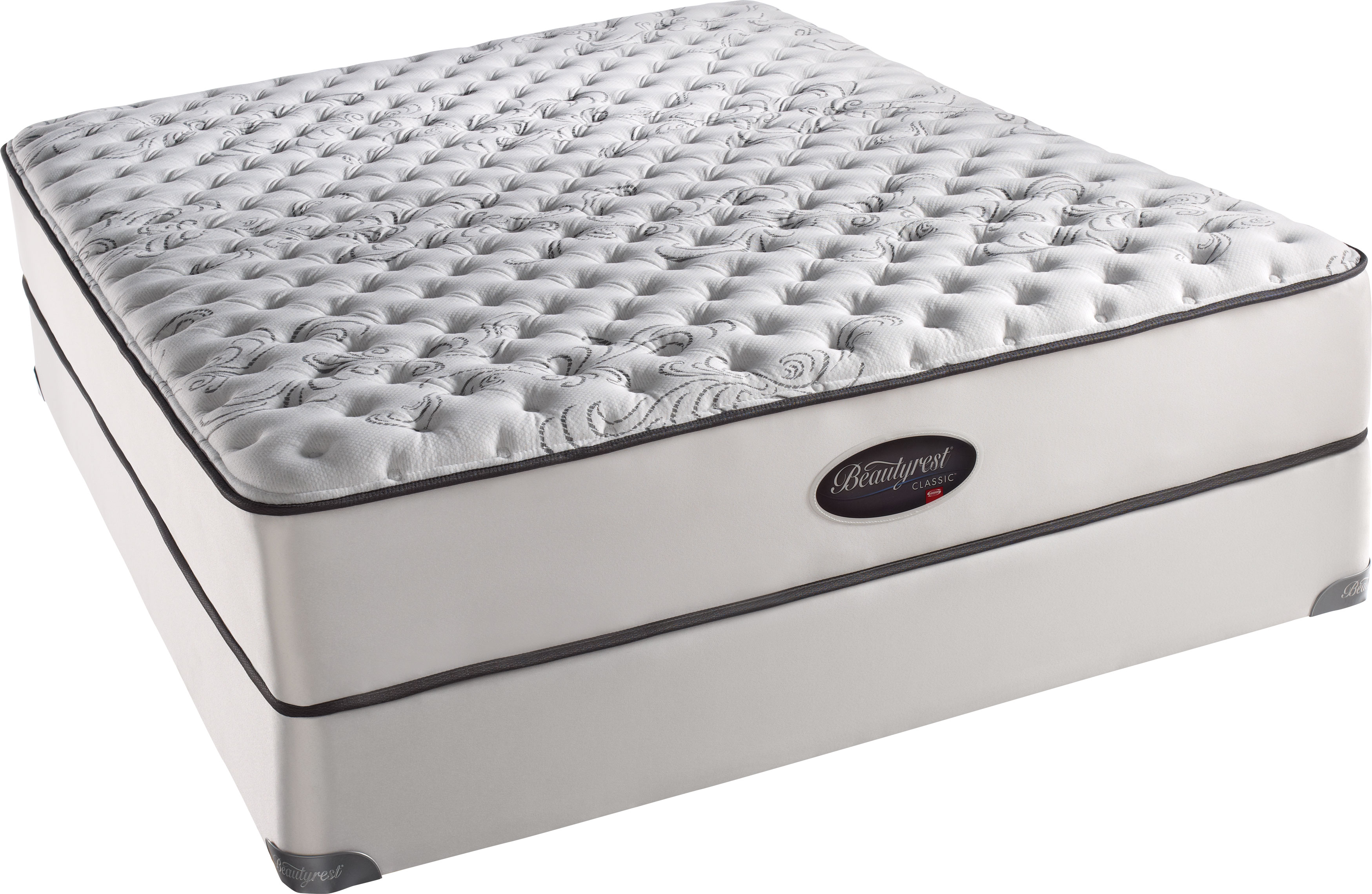A slow running drain in a bathroom sink can be a major inconvenience. It can cause water to pool in the sink, making it difficult to use and leaving behind unpleasant odors. If left untreated, it can even lead to more serious plumbing issues. Fortunately, there are several steps you can take to unclog your bathroom sink drain and get it running smoothly again. Follow these simple tips for a quick and easy fix.Unclog a Bathroom Sink Drain
Before you begin, it's important to understand the common causes of a slow running drain in a bathroom sink. One of the main culprits is hair buildup. Over time, hair can get caught in the drain and create a blockage. Other common causes include soap scum, toothpaste residue, and small objects that may have fallen into the drain. To fix a slow draining bathroom sink, start by removing the stopper or drain cover. This will allow you to access the drain and remove any visible debris. Next, use a plunger to loosen any clogs that may be further down the drain. If the plunger doesn't work, you can try using a drain snake or a mixture of baking soda and vinegar to break down the clog.How to Fix a Slow Draining Bathroom Sink
If you prefer a more natural approach, there are several DIY solutions you can try to unclog your bathroom sink. One popular method is to mix baking soda and vinegar together and pour it down the drain. Let it sit for about 30 minutes, then pour boiling water down the drain to flush out any remaining debris. Another option is to use a combination of salt, baking soda, and water. Mix equal parts of each ingredient and pour it down the drain. Let it sit for a few hours, then flush with hot water. This method can help dissolve any built-up residue and clear the drain.DIY Solutions for a Slow Draining Bathroom Sink
In addition to hair buildup and residue, there are a few other common causes of a slow running drain in a bathroom sink. One common culprit is a clogged P-trap. This is the curved pipe located beneath the sink that traps debris and prevents it from entering the main drain. If this pipe becomes clogged, it can cause water to drain slowly or even back up into the sink. Another cause is hard water deposits. Over time, minerals in hard water can build up in the pipes and create a blockage. This can be prevented by regularly using a water softener or installing a water filtration system.Causes of a Slow Running Drain in a Bathroom Sink
If you're dealing with a minor clog in your bathroom sink, there are a few easy fixes you can try. First, you can use a plunger to loosen the clog and allow it to flush down the drain. If that doesn't work, you can try using a drain snake to remove the clog manually. These tools are relatively inexpensive and can be found at most hardware stores. Another simple fix is to remove the P-trap and clean it out. This may require a bit more effort, but it can be an effective way to remove stubborn clogs. Just be sure to have a bucket handy to catch any water that may spill out when you remove the pipe.Easy Fixes for a Slow Draining Bathroom Sink
Prevention is key when it comes to keeping your bathroom sink drain running smoothly. To avoid future clogs, be mindful of what you put down the drain. Avoid pouring grease, coffee grounds, and other food scraps down the sink, as these can easily cause clogs. Also, consider using a hair catcher in the drain to prevent hair from building up. Regularly cleaning your bathroom sink drain can also help prevent clogs. You can use a mixture of baking soda and vinegar or a commercial drain cleaner to remove any buildup and keep the drain clear.Tips for Clearing a Slow Running Drain in a Bathroom Sink
If you've tried all of these methods and your bathroom sink is still draining slowly, there may be a more serious issue at play. For example, tree roots can sometimes grow into the pipes and cause blockages. In this case, you may need to call a professional plumber to assess the situation and make any necessary repairs. Another possibility is a damaged or collapsed pipe. This can happen over time due to wear and tear or from outside factors like shifting soil or extreme weather conditions. A professional plumber can use specialized tools to diagnose and fix these types of issues.Common Reasons for a Slow Draining Bathroom Sink
If you prefer a more environmentally friendly approach, there are several natural ingredients you can use to unclog your bathroom sink. As mentioned earlier, a mixture of baking soda and vinegar can be an effective solution. You can also try using lemon juice or table salt to break down the clog. Just mix the ingredients together and pour them down the drain, then follow up with hot water.How to Unclog a Bathroom Sink with Natural Ingredients
If you're dealing with a stubborn clog or you're not comfortable trying to fix the issue yourself, it's best to call a professional plumber. They have the knowledge and tools to properly diagnose and fix the problem without causing further damage to your plumbing system. In some cases, they may use a method called hydro jetting, which involves using a high-pressure water stream to clear out any clogs or buildup in the pipes. This is a more advanced technique that should only be performed by a trained professional.Professional Solutions for a Slow Running Drain in a Bathroom Sink
To avoid dealing with a slow running drain in your bathroom sink, there are a few preventive measures you can take. First, be mindful of what you put down the drain and avoid using harsh chemicals that can damage your pipes. Regularly cleaning your drain with natural ingredients can also help prevent buildup and keep it running smoothly. Additionally, consider installing a hair catcher in your drain to prevent hair from causing clogs. In conclusion, a slow running drain in a bathroom sink can be a frustrating issue, but it can be easily remedied with the right tools and techniques. By following these tips, you can keep your bathroom sink drain clear and prevent future clogs. And if all else fails, don't hesitate to call a professional for assistance.Preventing a Slow Draining Bathroom Sink in the Future
Why You May Be Experiencing a Slow Running Drain in Your Bathroom Sink

The Importance of a Well-Functioning Drain
 Having a slow running drain in your bathroom sink may seem like a minor inconvenience, but it can actually be a sign of a larger problem. A properly functioning drain is essential for maintaining a clean and hygienic bathroom. It allows water to flow freely and prevents the buildup of bacteria and mold. Additionally, a clogged or slow draining sink can lead to unpleasant odors and even water damage to your home. Therefore, it is important to address the issue as soon as possible to avoid further complications.
Having a slow running drain in your bathroom sink may seem like a minor inconvenience, but it can actually be a sign of a larger problem. A properly functioning drain is essential for maintaining a clean and hygienic bathroom. It allows water to flow freely and prevents the buildup of bacteria and mold. Additionally, a clogged or slow draining sink can lead to unpleasant odors and even water damage to your home. Therefore, it is important to address the issue as soon as possible to avoid further complications.
Possible Causes of a Slow Running Drain
:max_bytes(150000):strip_icc()/close-up-of-overflowing-bathroom-sink-90201417-579787783df78ceb865822d8.jpg) There are several potential reasons why your bathroom sink may be draining slowly. One common cause is the accumulation of hair, soap scum, and other debris in the drain pipe. Over time, these materials can create a blockage, hindering the flow of water. Another possible culprit could be a faulty or outdated plumbing system. Older pipes may have developed cracks or corrosion, causing water to drain slowly. In some cases, the issue may be related to the design and installation of the sink itself. Improperly placed or sized pipes can lead to drainage problems.
There are several potential reasons why your bathroom sink may be draining slowly. One common cause is the accumulation of hair, soap scum, and other debris in the drain pipe. Over time, these materials can create a blockage, hindering the flow of water. Another possible culprit could be a faulty or outdated plumbing system. Older pipes may have developed cracks or corrosion, causing water to drain slowly. In some cases, the issue may be related to the design and installation of the sink itself. Improperly placed or sized pipes can lead to drainage problems.
How to Address the Issue
 If you are experiencing a slow running drain in your bathroom sink, there are a few steps you can take to resolve the issue. First, try using a plunger to dislodge any debris that may be causing the clog. If that doesn't work, you may need to use a drain snake or call a professional plumber to remove the blockage. If the problem persists, it may be necessary to replace your pipes or make adjustments to the sink's design. Regular maintenance and proper disposal of materials can also help prevent future drainage issues.
In conclusion,
a slow running drain in your bathroom sink can be a frustrating problem to deal with. However, it is important to address it promptly to avoid potential health hazards and costly repairs. By understanding the potential causes and taking the necessary steps to resolve the issue, you can ensure a well-functioning and hygienic bathroom for you and your family. Don't hesitate to seek professional help if needed, and remember to regularly maintain your plumbing system for optimal performance.
If you are experiencing a slow running drain in your bathroom sink, there are a few steps you can take to resolve the issue. First, try using a plunger to dislodge any debris that may be causing the clog. If that doesn't work, you may need to use a drain snake or call a professional plumber to remove the blockage. If the problem persists, it may be necessary to replace your pipes or make adjustments to the sink's design. Regular maintenance and proper disposal of materials can also help prevent future drainage issues.
In conclusion,
a slow running drain in your bathroom sink can be a frustrating problem to deal with. However, it is important to address it promptly to avoid potential health hazards and costly repairs. By understanding the potential causes and taking the necessary steps to resolve the issue, you can ensure a well-functioning and hygienic bathroom for you and your family. Don't hesitate to seek professional help if needed, and remember to regularly maintain your plumbing system for optimal performance.



:max_bytes(150000):strip_icc()/freshen-and-unclog-drain-with-baking-soda-1900466-22-bbf940b70afa4d5abef0c54da23b1d3f.jpg)






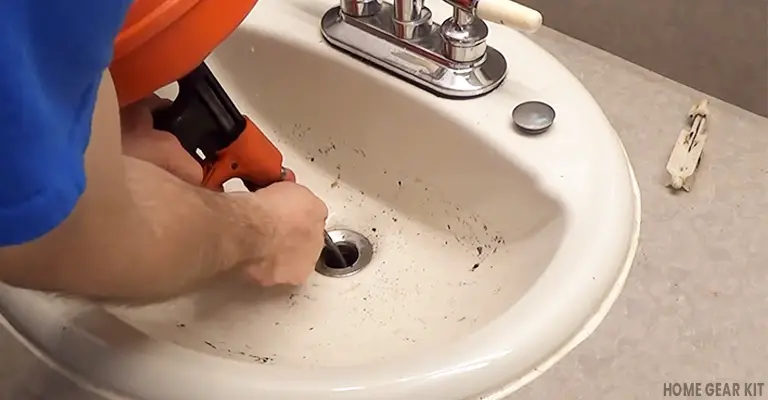















:max_bytes(150000):strip_icc()/Five-Ways-to-Fix-a-Slow-Sink-Drain-03-24c1f6dd477d46b9b5d1f70952a76933.jpg)



